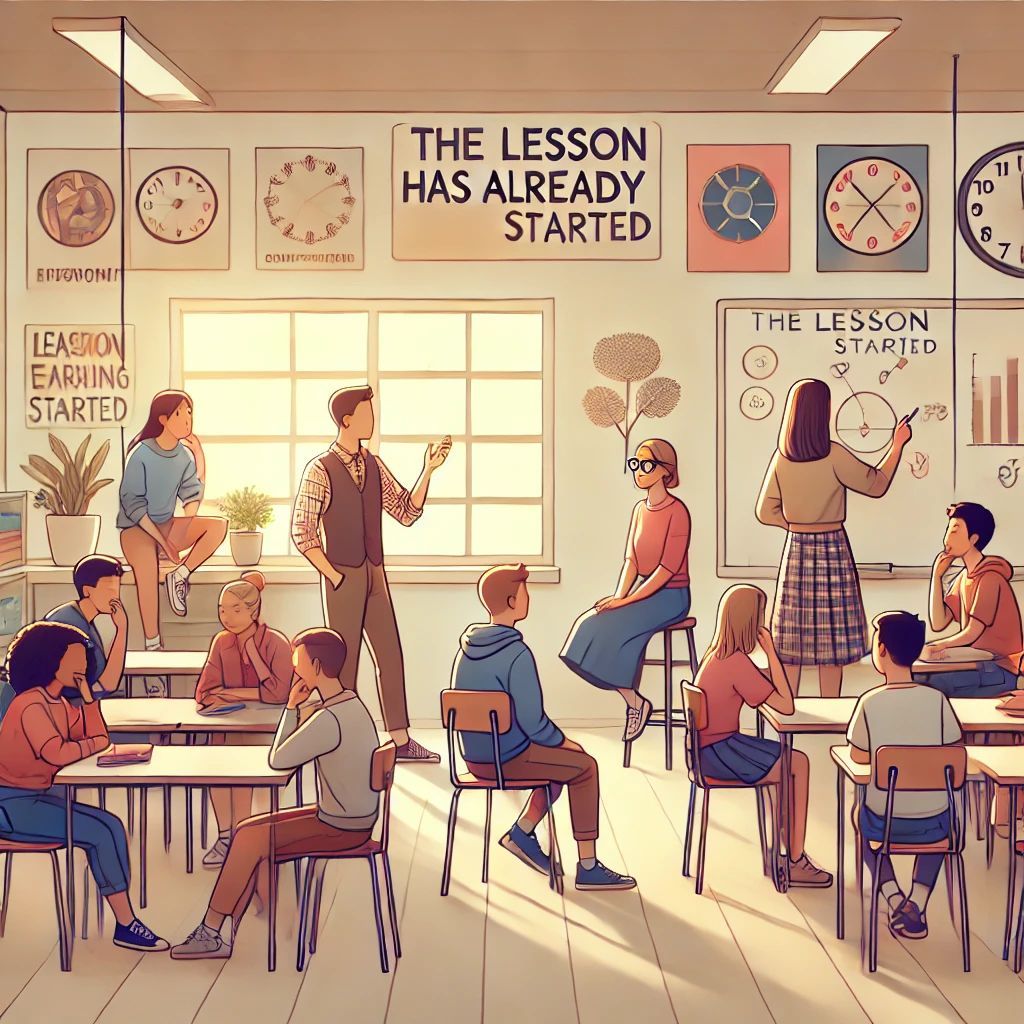SAT Testing Today - - - Excuse Me?!

The analogy comparing SAT testing to standardised testing as a floppy disk is to data storage implies that the SAT, once a cutting-edge tool for assessing student knowledge and potential, may now be viewed as outdated or insufficient in meeting the needs of modern education, much like how floppy disks have been surpassed by more advanced storage technologies.
What Does This Mean for Testing Students?
1. Relevance and Modernity: Just as the floppy disk became obsolete due to advances in technology that offered better storage solutions, the SAT and similar standardised tests are being scrutinised for their relevance in today's educational landscape. The analogy suggests that these tests might not effectively measure the diverse skills and knowledge required in the 21st century, particularly in a world that values creativity, critical thinking, and problem-solving over rote memorisation and narrow academic abilities.
2. Limitations in Measurement: The analogy highlights the limitations of standardized tests like the SAT. These tests often focus on a narrow band of skills—primarily verbal and mathematical reasoning—without adequately assessing other essential skills such as emotional intelligence, creativity, or practical problem-solving. This could mean that they fail to provide a complete picture of a student's abilities or potential.
3. Equity and Accessibility: The shift from floppy disks to more advanced forms of data storage also speaks to issues of accessibility and equity. Floppy disks were limited in capacity and speed, much like how standardized tests may limit opportunities for students who do not perform well in these specific formats. This raises concerns about whether these tests are fair or equitable, particularly for students from diverse backgrounds who might excel in non-traditional ways.
4. The Need for Innovation: The transition from floppy disks to cloud storage or solid-state drives represents a significant innovation in technology. Similarly, the analogy suggests a need for innovation in how we assess student knowledge and potential. This could involve developing more holistic assessment methods that take into account a wider range of skills and learning styles, using technology to create adaptive tests that respond to a student's individual strengths and weaknesses, or incorporating continuous assessment methods rather than relying on a single high-stakes test.
Challenging Traditional Techniques
1. Rethinking Assessment Goals: If the SAT is akin to a floppy disk, educators and policymakers might need to reconsider what they aim to achieve with assessments. The focus could shift from standardisation towards personalization, where assessments are designed to meet students where they are, rather than forcing them into a one-size-fits-all model.
2. Encouraging Alternative Metrics: Traditional techniques of assessing what students know often prioritise standardisation and comparability. However, the analogy suggests the value in exploring alternative metrics that better capture a student’s unique strengths, including project-based learning, portfolios, peer assessments, and real-world problem-solving exercises.
3. Supporting Diverse Learning Styles: The comparison also underscores the importance of embracing diverse learning styles. Just as data storage has evolved to meet varied user needs, so too should assessment techniques evolve to accommodate different ways of learning and demonstrating knowledge.
4. Future-Ready Education: Finally, if standardised testing is becoming outdated, it may indicate a broader need for education systems to prepare students for the future by emphasising skills that are increasingly valued in the workforce—such as adaptability, digital literacy, collaboration, and critical thinking—over traditional academic skills alone.
Moving forward with establishing more modern and user-friendly testing approaches involves rethinking how we assess student progress and skill development, particularly in areas like communication, collaboration, and critical thinking. This broader and more inclusive approach to assessment necessitates a shift from traditional, standardized tests towards more holistic and dynamic models that incorporate extracurricular activities, such as sports, clubs, and internships. The "Skills for the Future" initiative by the Carnegie Foundation for the Advancement of Teaching offers a promising example of how institutions can reimagine assessments to meet the demands of a rapidly changing world.
Key Considerations for Modern Assessment Approaches
1. Integration of Non-Academic Activities:
- Holistic Skill Development: Activities outside the classroom, such as sports, clubs, and internships, provide invaluable opportunities for students to develop skills that are often not captured in traditional assessments. These activities foster communication, teamwork, leadership, resilience, and real-world problem-solving. By incorporating these experiences into assessments, educators can evaluate a more complete picture of a student's capabilities.
- Tracking and Measuring Progress: To effectively measure progress in these areas, institutions need to develop frameworks that track both participation and the development of specific skills. For example, in a sports setting, progress could be tracked not just through performance statistics, but also through leadership roles, teamwork, and conflict resolution. In internships, feedback from mentors and peers could provide insights into communication and critical thinking skills.
2. Designing Flexible and Adaptive Assessments:
- Competency-Based Assessments: Moving away from one-size-fits-all testing models towards competency-based assessments allows students to demonstrate mastery of skills in various contexts. This could include project-based learning, portfolios, or performance tasks that require students to apply their knowledge and skills in real-world scenarios.
- Continuous and Formative Assessment: Instead of relying solely on summative assessments at the end of a term or year, continuous assessment through regular feedback loops allows for ongoing tracking of skill development. This could involve self-assessments, peer reviews, and mentor evaluations, ensuring that progress is recognized and areas for improvement are identified throughout the learning process.
3. Use of Technology and Data Analytics:
- Digital Portfolios and Badges: Leveraging technology to create digital portfolios where students can document their achievements in various activities, from academic projects to extracurricular involvement, provides a dynamic way to assess progress. Badging systems can recognise specific skills or milestones, making the learning journey visible and quantifiable.
- Data-Driven Insights: Using data analytics to track student behaviour and engagement in activities can provide valuable insights into how students are developing key skills. For example, data from collaborative projects can reveal patterns in how students communicate and work together, while tracking participation in extracurricular activities can highlight levels of engagement and leadership.
4. Collaboration with External Partners:
- Community and Industry Involvement: Partnering with local businesses, non-profits, and other community organisations can provide students with real-world experiences that are essential for developing skills like critical thinking, communication, and collaboration. Internships and service-learning opportunities not only offer practical experience but also allow for the assessment of these skills in authentic settings.
- Feedback from External Stakeholders: Gathering feedback from mentors, employers, and community partners can provide an external perspective on student progress. This feedback can be integrated into the assessment process, offering a more rounded view of a student’s abilities and readiness for the future.
5. Cultural and Individual Considerations:
- Inclusivity and Equity: Modern assessment approaches must be inclusive and equitable, ensuring that all students, regardless of background, have access to opportunities that allow them to demonstrate their skills. This includes recognising that students may excel in different areas and providing multiple pathways for them to show their progress.
- Personalisation: Personalising assessments to align with individual interests and strengths can motivate students and provide a more accurate reflection of their capabilities. For example, a student interested in technology might be assessed on their problem-solving skills through a coding project, while another student might demonstrate leadership through organizing a school event.
6. Institutional Change and Support:
- Professional Development for Educators: Implementing modern assessment approaches requires training and support for educators. Professional development programs should focus on equipping teachers with the skills to design, implement, and evaluate new types of assessments, including those that extend beyond the traditional classroom.
- Policy and Curriculum Alignment: Institutions need to align their policies and curricula with these new approaches. This might involve rethinking graduation requirements, reporting systems, and how progress is communicated to students and parents. It also means ensuring that these new assessment methods are recognised and valued by higher education institutions and employers.
The Skills for the Future Initiative
The Skills for the Future initiative, as a collaboration between the Carnegie Foundation and other stakeholders, represents a forward-thinking approach to reimagining assessments. This initiative focuses on identifying and assessing the skills students need to thrive in the future workforce, particularly those that are not easily measured by traditional tests. Key aspects of this initiative include:
- Cross-Disciplinary Skills: Emphasising the development and assessment of skills that cut across disciplines, such as critical thinking, creativity, and collaboration, rather than focusing solely on subject-specific knowledge.
- Innovative Assessment Tools: Developing new tools and frameworks that can capture a wider range of skills, including digital assessments that adapt to student responses and provide immediate feedback.
- Research and Evidence-Based Practices: Grounding the initiative in research and evidence-based practices to ensure that the new assessment methods are both effective and scalable.
Conclusion
In essence, the analogy implies that just as floppy disks were eventually replaced by more effective data storage solutions, standardised tests like the SAT might also need to be re-evaluated or even replaced by more innovative and inclusive methods of assessing student learning. This shift could lead to more equitable and meaningful ways to understand what students know and how they can apply their knowledge in the real world.
In summary, establishing more modern, user-friendly testing approaches involves a comprehensive shift towards assessing a broader range of skills, integrating both academic and non-academic experiences. By including after-school activities, internships, and other experiential learning opportunities in the assessment process, institutions can better track and measure students' progress in communication, collaboration, and critical thinking. Initiatives like Skills for the Future are essential in leading this transformation, offering frameworks and tools that align with the demands of the future workforce and create more equitable, meaningful, and relevant assessments for all students.














































































































